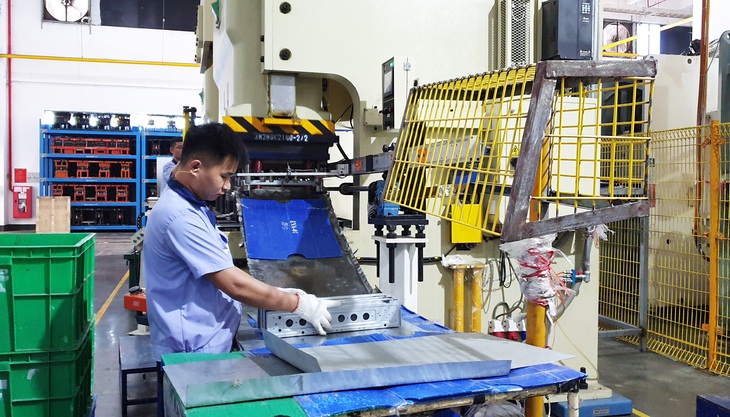
According to experts, it is necessary to prepare a new labor source for the 'Innovation 2.0' period - Photo: TIEN THANG
On the morning of July 5 in Ho Chi Minh City, the Shidler Global Leadership Summit 2025, organized by the University of Hawaii (USA) in collaboration with Van Lang University, gathered international experts, executives and scholars to find solutions to the problem of long-term growth of Vietnamese enterprises, in the context of global trade fluctuations and reshaping supply chains.
Innovation is not just in the factory
Mr. Jonathan Moreno, Vice President of Diversatek Healthcare (USA), said that in the current new context, Vietnam is no longer simply an effective manufacturing destination. Vietnam has the potential to become a high-value center in the global supply chain. Many international experts liken it to "Innovation 2.0".
He analyzed that after the US-China trade war, many international corporations, including Diversatek, proactively restructured their supply chains to reduce dependence on China.
"The question is no longer 'whether to shift or not', but 'how to shift effectively and sustainably'. Vietnam is clearly the strategic choice in that equation," he said.
However, if Vietnam only plays the role of a factory, it will be difficult for it to maintain its advantage in the long term. For Mr. Jonathan, the most important shift is in management thinking: from control to creation, from handling situations to strategic planning.
Vietnamese businesses will need people with the ability to coordinate supply chains, manage projects, and connect globally, not just people who know how to operate machines.
He believes that if Vietnam takes advantage of current opportunities, it can grow 1.5 times within 12 months.
Even amid the current tariff hurdles, there are many opportunities for Vietnam to seize. But to do so, it needs a generation of workers who “can not only do the job, but also have the ability to learn, innovate and lead.”
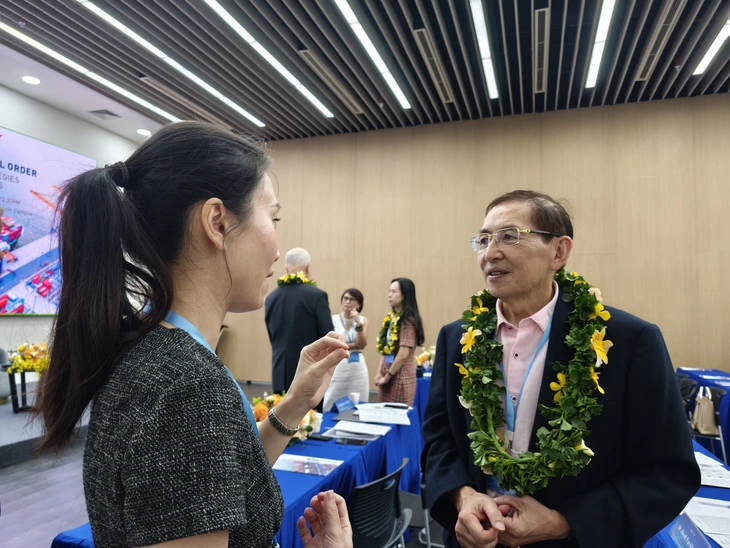
Dr. Tung Bui - Director of the VEMBA Program and Dean of Global Business at Shidler College of Business (University of Hawaii) - shares about new trends in human resource needs in Vietnam and around the world - Photo: TRONG NHAN
Universities need to teach students how to use and debate AI
From the perspective of education and leadership training, Dr. Tung Bui - Director of the VEMBA Program and Dean of Global Business at the Shidler College of Business (University of Hawaii) - emphasized that "Innovation 2.0" can only take shape if Vietnam changes the way it prepares human resources.
"I believe the role of universities is extremely important at this time. If we do not change the content and teaching methods, we will not have enough manpower to adapt to the new environment," he said.
According to him, artificial intelligence (AI) has become an indispensable tool in every profession. Including AI in the training program is no longer an option, but a mandatory requirement. "At the University of Hawaii, economics students are taught from the beginning how to apply AI to analysis and decision-making," he said.
However, he also warned of the risks of using AI without direction. A recent study by MIT (USA) showed that students who overuse AI tend to have reduced critical thinking skills.
“If we only teach students how to use AI without teaching them to question, criticize and evaluate information, AI will control the user, instead of the other way around,” he said.
Therefore, according to Dr. Tung Bui, modern education programs need to emphasize both factors: technological capacity and critical thinking.
Only when this combination is achieved can young Vietnamese people master technology, master their jobs and, more broadly, master the country's position in the global value chain.
Similarly, Mr. Christian Pham, Deputy General Director of DACOTEX Group (France), said that Vietnam needs to invest heavily in the quality of human resources if it wants to overcome the wave of tariff fluctuations and global competition.
"Cheap labor costs are no longer an advantage. Investors now care about whether you have a flexible, learnable, and adaptable team," he said. For DACOTEX, the human factor is the foundation for all innovations, from green production to digital transformation.
He believes that Vietnam should encourage more cooperation between businesses and universities to train human resources that meet real needs. In general, most businesses are developing in a direction that does not require too many people, but needs a team that can continuously develop.
According to Mr. Christian, a good "antidote" to fight global fluctuations is a generation of workers with open thinking, innovation spirit and community responsibility. That is a sustainable advantage that no country can copy.
Source: https://tuoitre.vn/truong-day-gi-de-sinh-vien-dap-ung-ky-vong-cua-doanh-nghiep-ngoai-20250705142906476.htm





![[Photo] Worshiping the Tuyet Son statue - a nearly 400-year-old treasure at Keo Pagoda](/_next/image?url=https%3A%2F%2Fvphoto.vietnam.vn%2Fthumb%2F1200x675%2Fvietnam%2Fresource%2FIMAGE%2F2025%2F12%2F02%2F1764679323086_ndo_br_tempimageomw0hi-4884-jpg.webp&w=3840&q=75)
![[Photo] Parade to celebrate the 50th anniversary of Laos' National Day](/_next/image?url=https%3A%2F%2Fvphoto.vietnam.vn%2Fthumb%2F1200x675%2Fvietnam%2Fresource%2FIMAGE%2F2025%2F12%2F02%2F1764691918289_ndo_br_0-jpg.webp&w=3840&q=75)

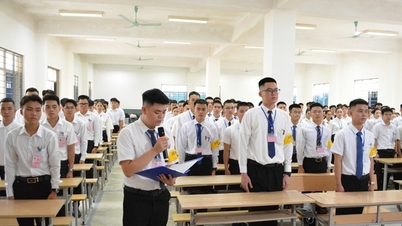

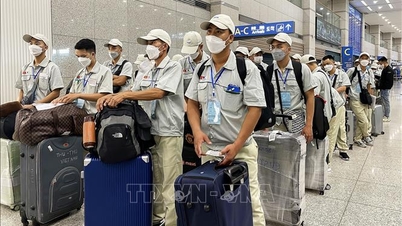

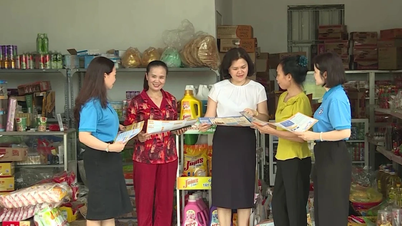

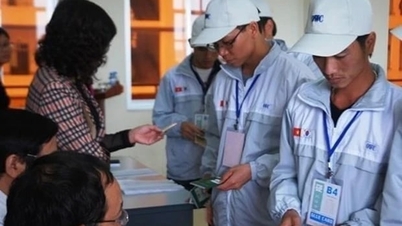

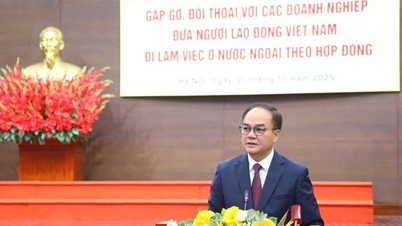


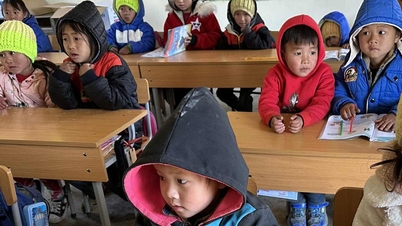

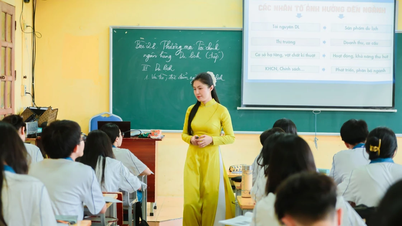


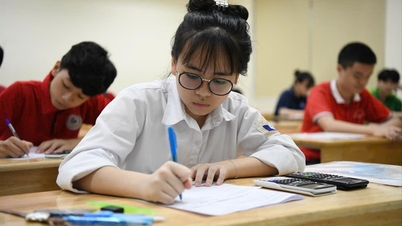








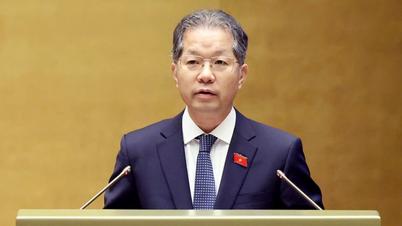
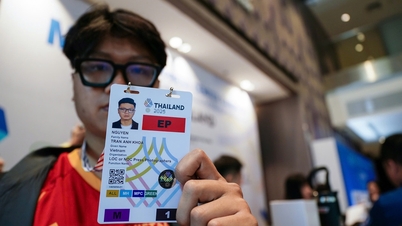












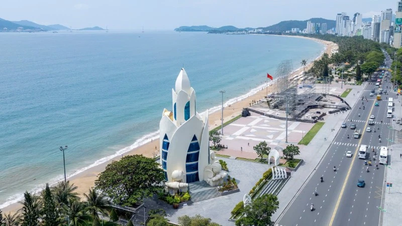
![[Video] Protecting World Heritage from Extreme Climate Change](https://vphoto.vietnam.vn/thumb/402x226/vietnam/resource/IMAGE/2025/12/03/1764721929017_dung00-57-35-42982still012-jpg.webp)


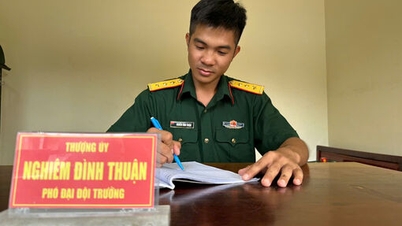

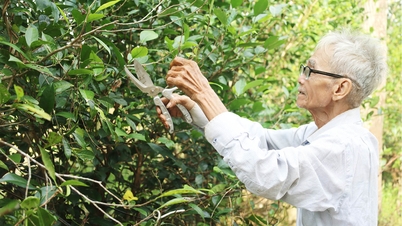

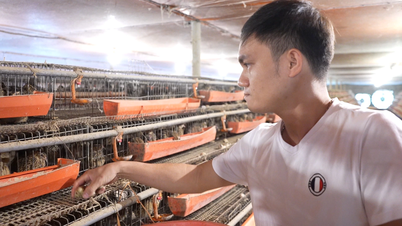

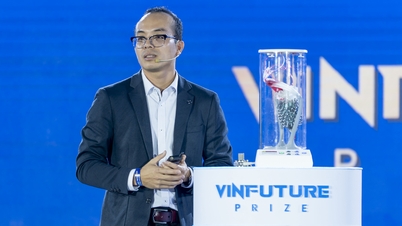

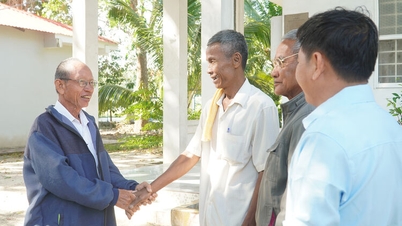
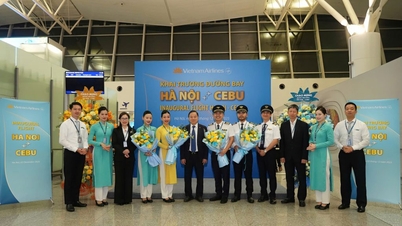









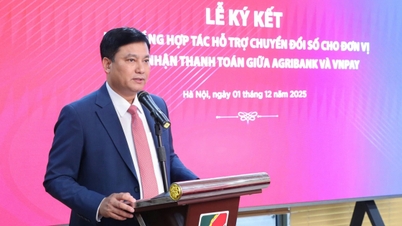









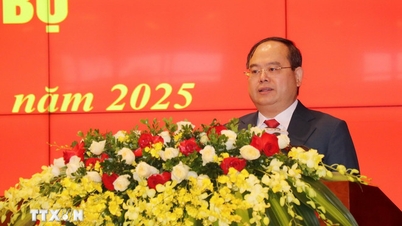
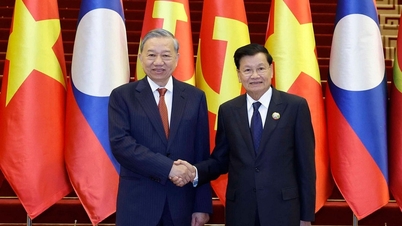

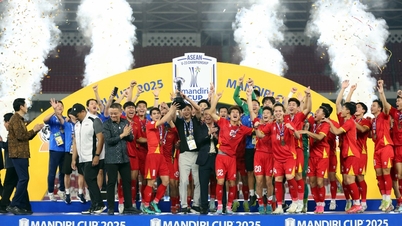
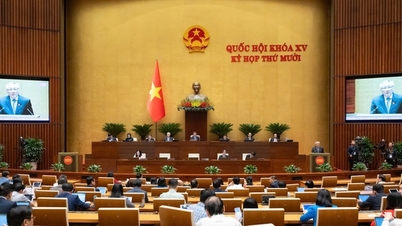


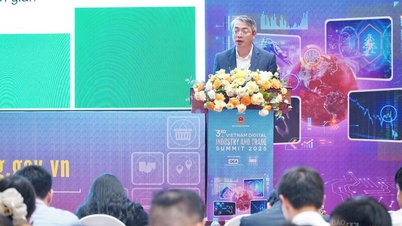



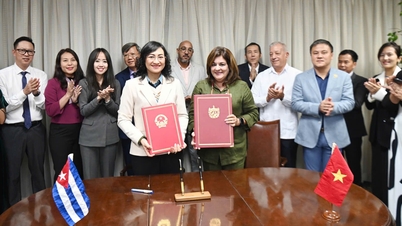

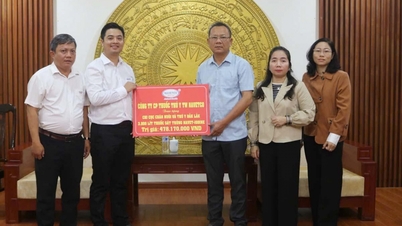

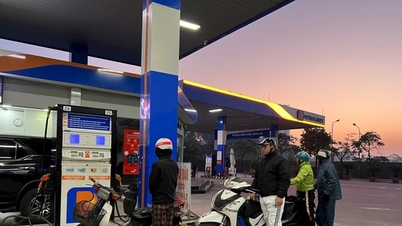

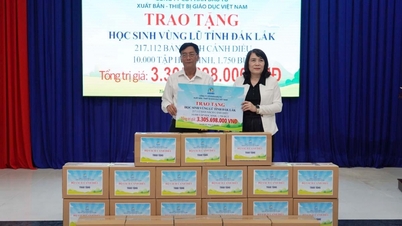
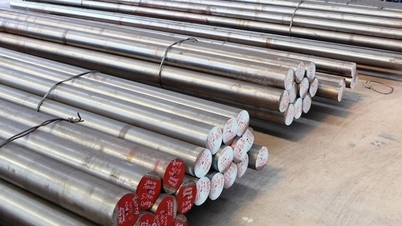
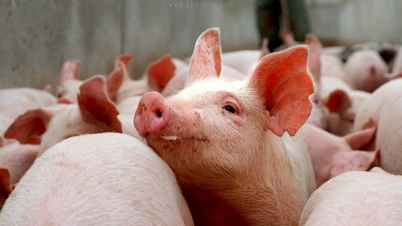
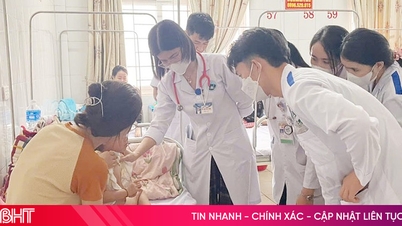













Comment (0)